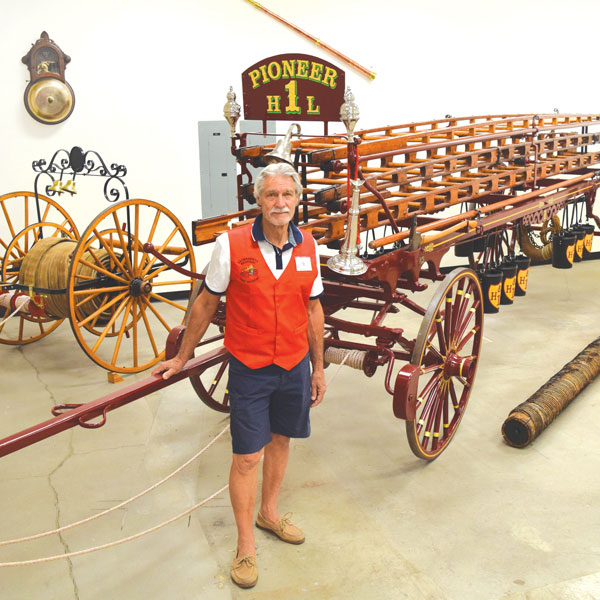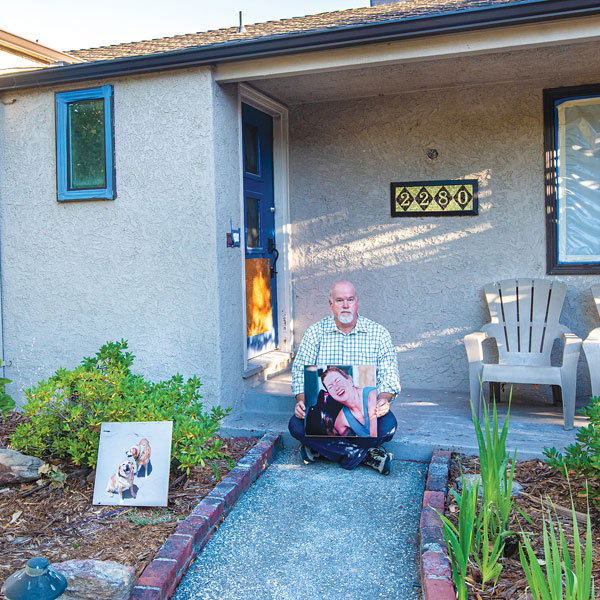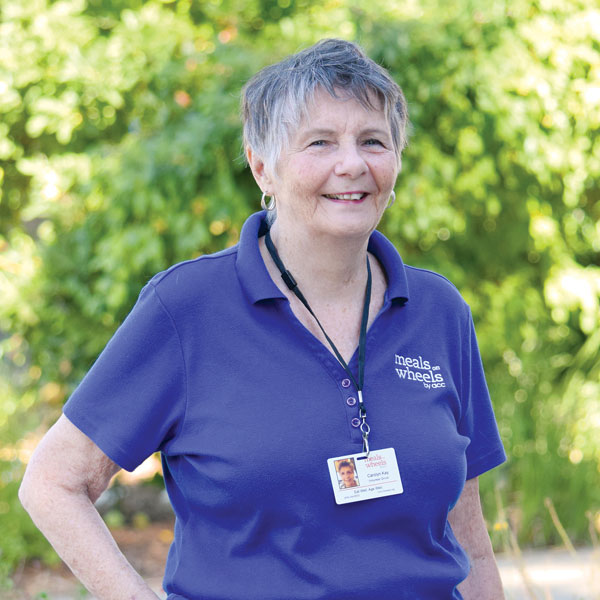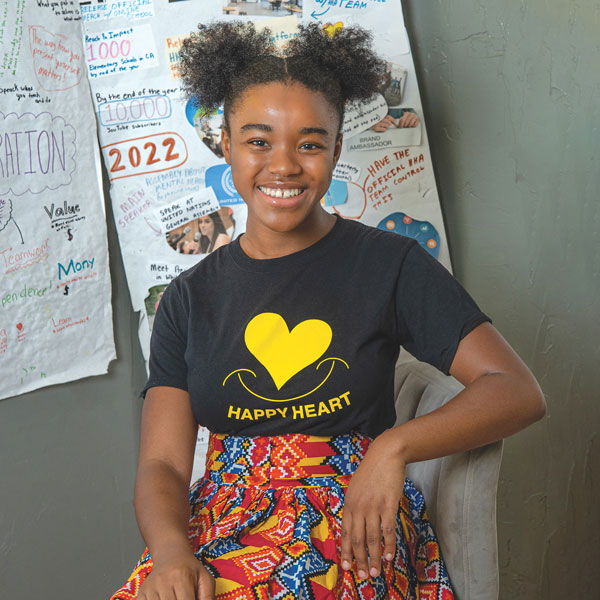
Aug 28, 2022
Did you know we have a local fire museum?
I didn’t until I spoke with Larry Schluer, board member and volunteer docent manager of the Sacramento Regional Fire
Museum in West Sacramento, which recently reopened after closing for the pandemic.
“It’s been tough,” admits Schluer, a retired firefighter. His family has put out blazes since 1865 when his great-grandfather emigrated from Germany and helped found Woodland’s first fire company.

Jul 28, 2022
“Kate was my sister, but also my close friend. We lived a mile apart and walked several times a week in Land Park with our dogs. And, as of that fateful day last year, my friend is not here anymore. That will be with me forever,” Dan Tibbitts says.
Kate Tibbitts was raped and murdered last September in her home on 11th Avenue. Her dogs Molly and Jenny were killed. Her house was torched.
The next day police arrested a homeless man named Troy Davis for parole violations and warrants. Murder and rape charges were added when investigators linked Davis to Kate’s death.
A history of assault, battery and drug charges follows Davis from at least 2013. The parolee was arrested for car theft three months before Kate was killed. But California’s zero-bail policy put him back on the streets almost immediately.

Jul 28, 2022
When Carolyn Kay wanted to volunteer after retirement, she chose Meals on Wheels by ACC because of the people.
“They were—and still are—dedicated and kind and hard working and helpful and they care about the people they serve,” Kay says. “What more could you want?”
Eight years on, those people still inspire Kay on her weekly rounds delivering meals to seniors.
“I’ve learned a lot from (my clients),” Kay says. “Usually, nobody sees them. They see the gray hair, they see the wrinkles, that they’re not working and they think they’re just an old goat with gray hair. But I’ve met some lovely people with some great stories.”

Jul 28, 2022
Recent hand wringing about the American River Parkway being destroyed by illegal camping reminds me of the old Yogi Berra line: “Nobody goes there anymore. It’s too crowded.”
If you listen to the critiques, including those from such stalwart advocates as the American River Parkway Foundation, you’d think the popular trail is a dangerous place best avoided at all costs.
“The parkway is in crisis,” Dustin Luton, president of the foundation’s board, wrote city and county officials this year.

Jul 28, 2022
At age 6, Savanna Karmue decided to become a cardiologist.
A visit to her Sunday school teacher, recovering from heart surgery, inspired the career path. When she was 8, Karmue founded Happy Heart Advice, a nonprofit to teach young people about heart health.
Today, at the advanced age of 16, the goal is closer than ever, encouraged by Karume’s nonstop research into the mechanics of cardiology and her management of Happy Heart, where she serves as CEO.











